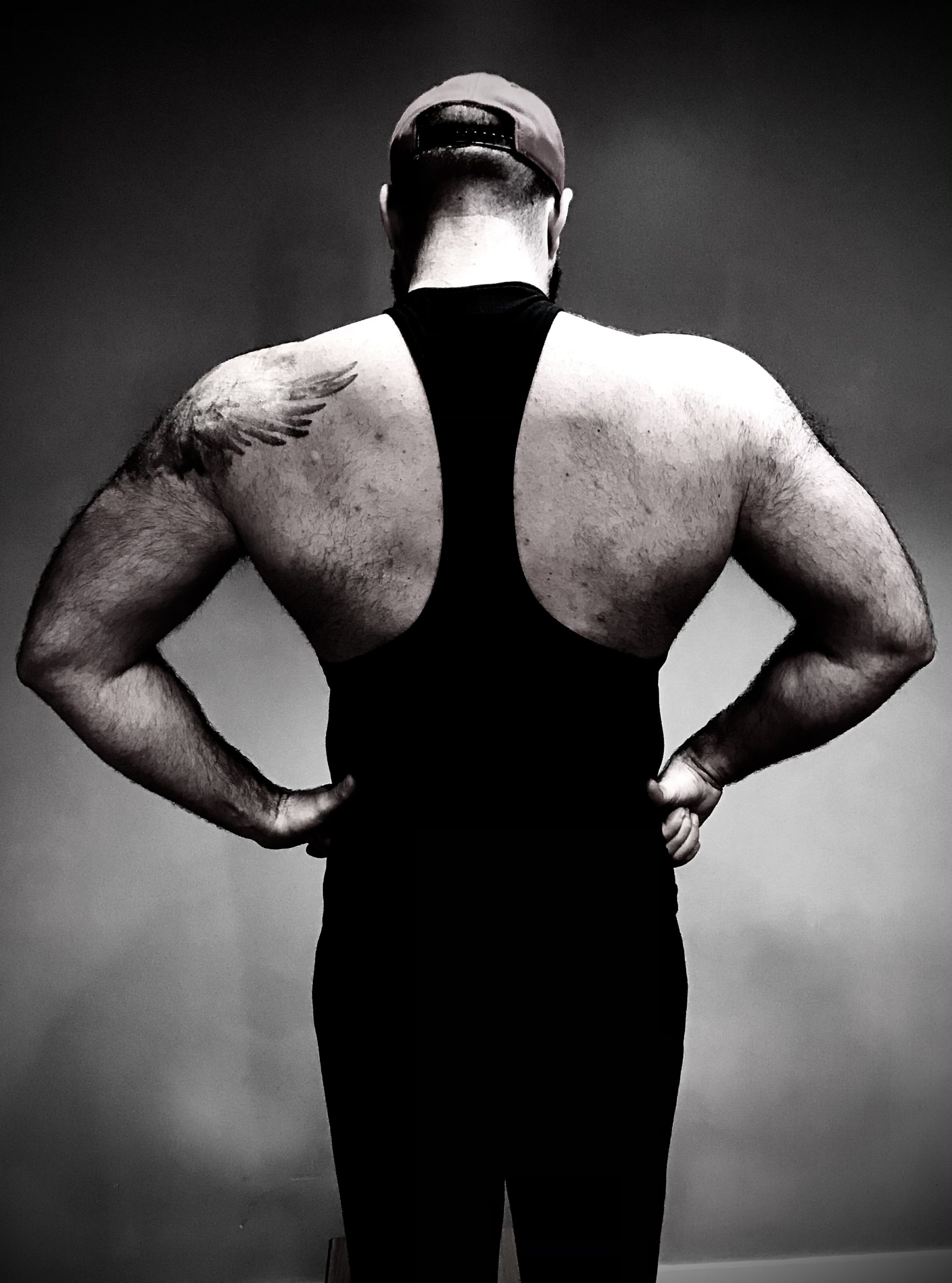A well rested body means that you can attack subsequent workouts with the relevant enthusiasm and gusto! Good programming and training should allow for enough rest between sessions so that the muscle(s) can perform to the required effort level. This may not always mean recovery to 100% but the workout should reflect the rest given. This is when good programming is key.
There are many forms of recovery made popular by the latest ‘influencers’. Many of these things may or may not help aid recovery:
- Heat treatment (exposure to hot/cold in cycles for an allotted time). Limited studies to prove it works and is very difficult to prove or disprove due to the feeling of recovery being a very subjective sense and performance progressing from one session to the next regardless. Training in the heat does however increase heart rate above the norm which for endurance athletes is not an ideal scenario. It is worth noting that some studies have actually shown a negative affect on training when exposed to purely hot conditions such as a scolding hot bath. The theory being that the heat makes your blood ticker and more tar-like much in the same way as what firefighters experience (hence their shortened life expectancy).
- Stretching. Largely outdated unless necessary for specific tightness however if insistent on doing them then a mini warm up with mobilising exercises should be performed first to free any pre-existing knots (otherwise they just get tighter with stretching). Studies have recently shown that stretching can actually increase post-exercise muscle soreness (DOMS).
- Sauna/hot tub/steam room. Largely gimmicks based around heat treatment theory (helping promote blood flow – I refer you to my previous point of extended periods of exposure to heat). Also different ways of helping you ‘relax’ which in itself is good for recovery but from my own experience I could relax far better without someone else sweating and breathing heavily in close proximity to me, like in a float tank! One of my main issues with floating for recovery is the cost! To see any real benefits i feel you should be in these things for more than 45/60mins a week/day but for this you have to be making plenty of readies!
- Float tanks. Brilliant in allowing full relaxation with sound cancelling weightlessness. Used correctly this can be an ideal way to allow all muscles to relax and offer a thoughtful place to reflect on your workout. If you really wanted to optimise your time you could strengthen your mind to muscle connections by thinking of and individually relaxing each muscle throughout the body. While you soak in Epsom salts and relax, unencumbered by the perils of gravity it is still yet to prove any serious benefits to recovery. Freedom from distraction possibly being one of the best benefits.
- Epsom salts. Little evidence to prove any benefits despite wild claims of massively helping aid your recovery cycle including recovery from injury.
- Multivitamins – So this may be a controversial view but they are overrated. Companies have spent millions trying to convince you that this is the must have tablet, that supplementing works and that they cover all bases. So why not take it, right?! We know what our bodies need and roughly how much, so give it that, the numbers for the recommended daily allowance (RDA) all add up so I am good to go. This theory is great until you consider the speed at which you absorb all of that RDA in once tablet. It flied through your digestive system quicker than a spicy vindaloo! You may take 100% of your RDA but you may absorb 10%, if that. It doesn’t give your body the time to break it down and utilise it the way that food does and I am talking most of the waking day. For example, if you eat 3 meals and each meal takes on average 3 hours to digest that’s 9 hours of digesting food that your body can pull from it what it needs (providing your digestive system is working correctly). This 2 sec tablet pales into insignificance when you compare the two. Not to mention, if you over supplement in this manner then studies have shown an increase in free radicals throughout the body. This free radical increase is also going to be partly due to the fact that you aren’t eating enough antioxidants (a fair assumption considering you feel the need to supplement which implies you are conscious of a general lack of varied fruit and veg in your diet) and a continued increase in free radicals has been shown to increase the chances of … you guessed it … cancer! Don’t go looking for short cuts or a ‘just-in-case’. Instead bulletproof your body by sorting your diet out and make more informed eating choices. EAT BETTER!
So, what you should really be focused on. The following is a short list of the ESSENTIAL elements to any good, efficient and well thought out recovery plan. I cannot stress enough the necessity of all of the following to help aid recovery and an overall HEALTHIER body and mind:
- Sleep – Ensure you get a good nights sleep, waking with ease and no necessity of caffeine to ‘get you going’. Avoid screen time at least 1 hour before bed. Try not to drink caffeine at least 5 hours before your bedtime (caffeine has a half life of 6 hours! People often don’t realise this which is why they don’t associate the their restlessness at 2200 with the tea/coffee they had at 2000). It’s worth nothing that decaf isn’t the same as caffeine free.
- Adequate Hydration – Essential for transportation of anything that is water soluble in the body! If you are not sufficiently hydrated then your body won’t get what it needs for recovery. Dehydrated cells in the body cannot be anabolic (muscle building) but will become catabolic (muscle wasting). Hydration requirements for each individual will differ (more sweaty = more fluid required) but the colour of your pee is a good place to start monitoring. When you initially start drinking more you will find you pee a lot more but this will subside as your body water table levels off (like putting oil in a car, running the car and finding the oil levels have dropped due to the oil being dispersed into the engine). Fluid with 6g+ sugar per 100ml will dehydrate you. Drinking ‘zero’ drinks with caffeine will destroy your microbiome/gut bacteria. Just drink water and if you flavour it, don’t go mad on the squash.
- Good quality and quantity of nutrition – This is essential to ensure your body is getting everything it requires. Correct quantities of carbs, fats and proteins allow muscles to be repaired, gives your body and mind enough energy to perform on a daily basis .Good quality food limits inflammation of muscles and joints, prevents the feeling of lethargy and generally gives you more energy to the foods being absorbed. Processed foods do not have the diverse range of bacteria to help with your gut health and digestion. Another reason the western world has chronic disease sky rocketing! Again, eating well comes down to NOT BEING LAZY, (if you tell me ping meals and convenience foods are cheaper than bags of pasta and salad then maybe go and read someone else’s blog!)
- Program enough active recovery/rest days – Sometimes this can be tricky but any personal trainer or coach worth their salt is able to program with relative ease, can spot the signs of fatigue and overtraining as well as undertraining with little to no progress and hopefully convince you (because sometimes it does take some convincing) where you are going wrong and how to improve. If you have faith in your PT/coach then try to listen (after all that’s what they are there for). If you don’t have faith in them then it’s definitely time to change them out!
I hope you took all that in! You should all now be masters of the basics for recovery before you then progress on to farting around with the ‘fluffly’ bits and seeing how that enhances (or deosn’t) your performance.
Best of luck


